Indonesia has skillfully aligned its foreign policy with its economic interests, as reflected in its robust ties with the United States, China, and Japan. While its potential entry into groupings such as BRICS, CPTPP, and the OECD presents certain challenges, particularly in balancing competing geopolitical influences, it also opens up significant opportunities for economic growth and strategic partnerships.
Indonesia has traditionally followed a balanced foreign policy driven by pragmatism. Along with India, it was one of the architects of the Non-Aligned Movement (NAM). Indonesia is also one of the founding members of the Association of Southeast Asian Nations (ASEAN).
Indonesia’s foreign policy is often dubbed ‘bebas aktif’ (active and independent foreign policy). Its strategic location, robust economic performance, and pragmatic and proactive foreign policy have given it heft.
Indonesia’s ties with China and the US
After being sworn in as Indonesia’s President in October 2024, Prabowo Subianto stated that he would continue with a “free and independent” foreign policy. So far, he has undertaken several overseas trips. In 2024, he visited China twice – once as President-elect and once after taking over as Indonesian President in November 2024. During the visit of Chinese Premier Li Qiang to Indonesia, Prabowo, while commenting on the importance of the Indonesia-China relationship, said” ….We see that this relationship will bring good, not only to our two countries, but to the entire Asian region, and perhaps even the world.”
The Chinese Premier, while referring to the current world order, said that ‘unilateralism’ and ‘protectionism’ are increasing. Both sides also discussed ways in which Indonesia and China can jointly deal with the challenges posed by the world order.
Also Read: India-Indonesia Ties in Focus: Prabowo’s Visit, BRICS & Trump’s Tariff Warnings
Under President Joko Widodo, Indonesia maintained strong diplomatic and economic ties with China, the United States, and Japan. His successor, President Prabowo Subianto, has continued this balanced foreign policy approach. Despite a U.S. travel ban imposed on him from 2000 to 2020 due to allegations of human rights abuses, Prabowo has actively engaged with American leadership. His second overseas visit after assuming office was to the United States, where he met with then-President Joe Biden. Following his election victory, Prabowo also held discussions with President Donald Trump.
In response to the U.S. administration’s imposition of a 32% tariff on Indonesian goods, Indonesian negotiators have been holding trade talks with the Trump administration. The ASEAN nations could be severely affected by these tariffs. Indonesia has expressed confidence that the talks between the two countries will be successful.
Indonesia’s foreign policy was strongly reiterated in its approach to the Russia-Ukraine conflict, where it refrained from taking sides but was firmly in favour of peace. Apart from holding the G20 Presidency in 2022, the ASEAN nation has also been at the forefront of raising the voice of the Global South while also seeking to act as a bridge between the G7 and G20.
Indonesia’s entry into BRICS and interest in CPTPP
Indonesia entered BRICS in January 2025 as a member. A statement issued by Indonesia’s Ministry of Foreign Affairs highlighted ‘…strategic step to improve the collaboration and cooperation with other developing nations, based on the principle of equality, mutual respect, and sustainable development.’
Indonesian Foreign Minister Sugiano said that Indonesia’s membership of BRICS was a strong reiteration of its “independent” foreign policy and that it will seek to be a bridge between developing countries and those in the “Indo-Pacific”.
Along with BRICS, which is a China-dominated organisation, Indonesia has submitted its application for the CPTPP (Comprehensive Partnership for Trans-Pacific Partnership), originally the Trans-Pacific Partnership (TPP), as well as the OECD. The TPP was founded by the US, but Washington pulled out during the Trump Presidency, while the OECD is considered a rich man’s club. Indonesia is also a signatory to the Indo-Pacific Economic Forum, which seeks to enhance cooperation
While commenting on Indonesia’s interest in several multilateral platforms, Prabowo said: ‘We are already in the IPEF, and Indonesia is even applying to the CPTPP. We are joining several economic groups to find the best opportunities for our economy. We have to think of the prosperity of our people. ’
During the Australian Prime Minister Anthony Albanese’s visit to Indonesia last month, the former expressed his support for Indonesia’s membership of both CPTPP and the OECD (Organisation for Economic Cooperation and Development).
Questions regarding Indonesia’s entry into the CPTPP, OECD
There are questions regarding Indonesia’s entry into both BRICS and the OECD. One concern is whether the Southeast Asian nation can maintain a delicate balance between these two blocs—BRICS being perceived as China-dominated and the OECD as Western-led. Another issue is whether Indonesia’s status as the largest economy within ASEAN might be affected by its membership in these organizations.
Recent ASEAN summit
During the 46th ASEAN Summit, held in Kuala Lumpur, the Indonesian President highlighted the need for ASEAN to remain strong so that it remains relevant on the global stage. He also welcomed partnerships between ASEAN and other organisations such as the GCC.
In conclusion, Indonesia has skillfully aligned its foreign policy with its economic interests, as reflected in its robust ties with the United States, China, and Japan. While its potential entry into groupings such as BRICS, CPTPP, and the OECD presents certain challenges, particularly in balancing competing geopolitical influences, it also opens up significant opportunities for economic growth, strategic partnerships, and greater global influence.
Disclaimer: The views expressed in this article are of the author solely. TheRise.co.in neither endorses nor is responsible for them. Reproducing this content without permission is prohibited.
About the author
Tridivesh Singh Maini is a New Delhi-based Policy Analyst. He is faculty member of OP Jindal Global University, Sonepat, Haryana.

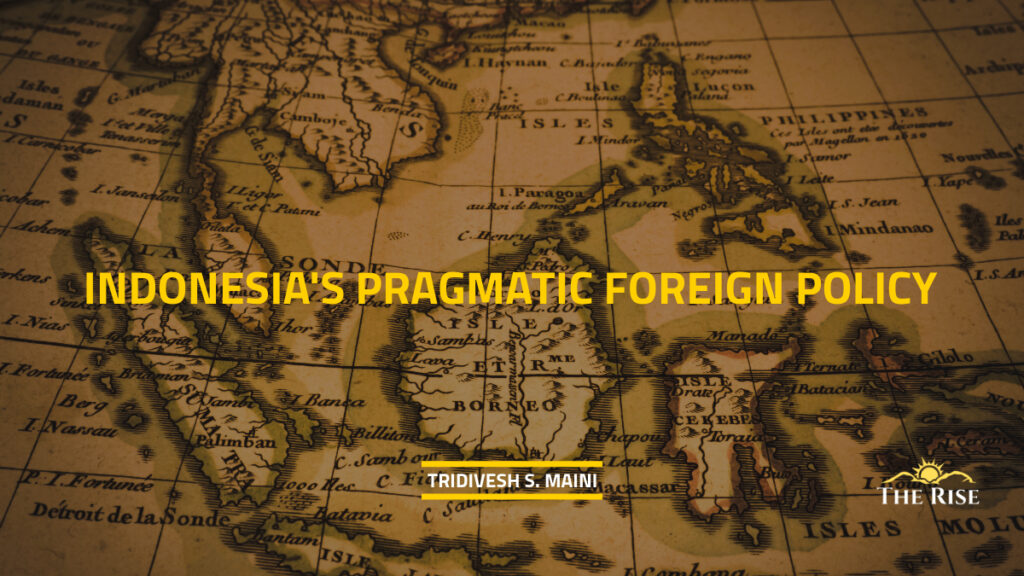

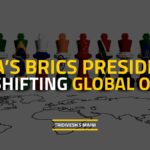
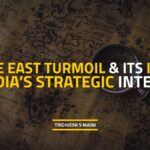
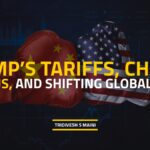




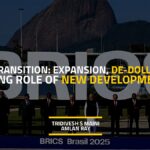
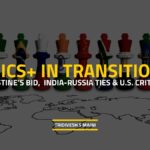

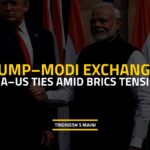
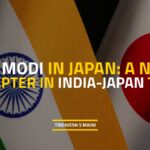

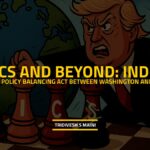

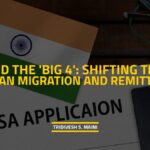
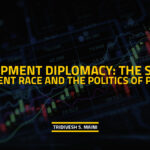


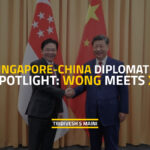



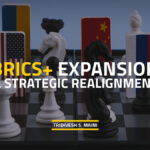



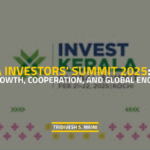

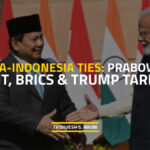



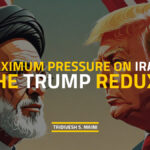

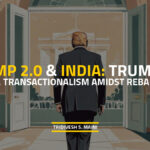
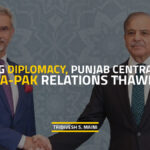

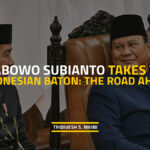

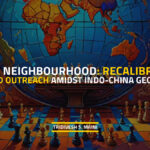

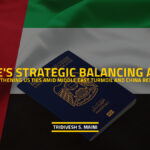
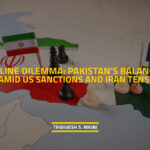
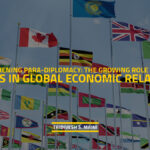
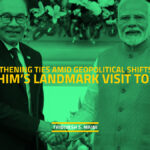
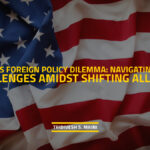
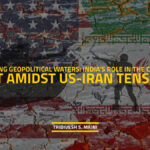
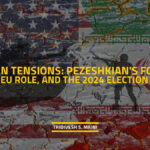


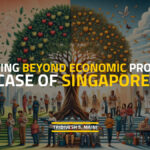
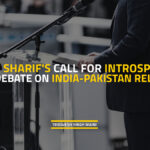
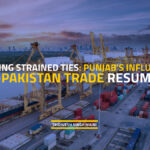


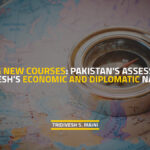

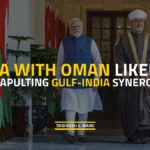
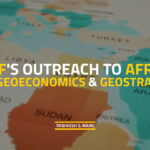

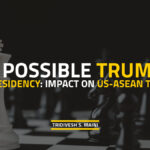

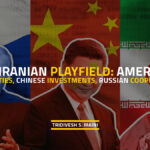

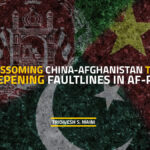

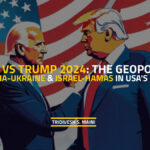
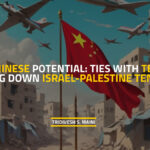

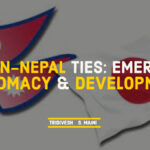

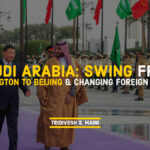

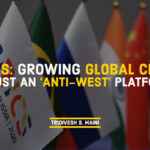
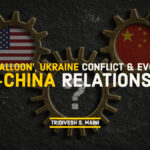
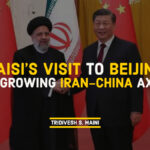
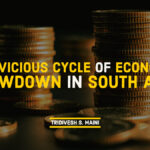


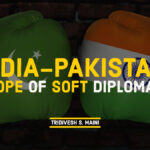
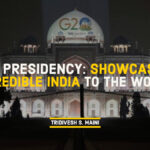

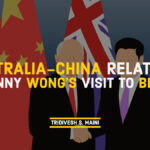
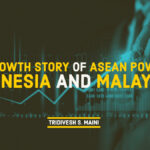

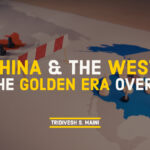
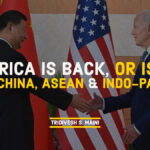
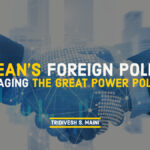
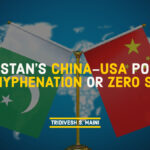
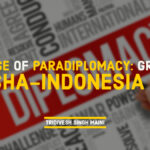

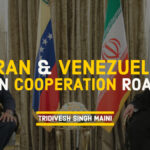

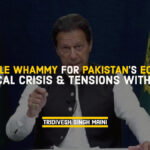
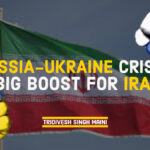
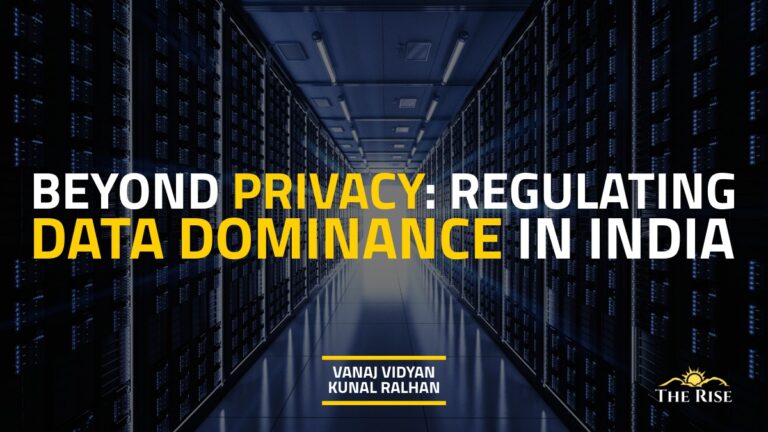
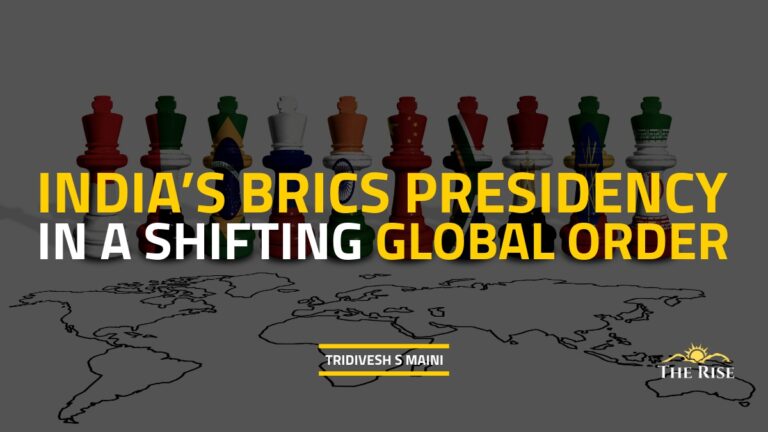


Pingback: Prabowo Subianto’s Pragmatic Diplomacy: How Indonesia Balances Geopolitics and Growth - TheRise.co.in
Pingback: Indonesia’s Foreign Policy Re-orientation: Growing Emphasis on De-dollarization and BRICS | Political Risk Wire